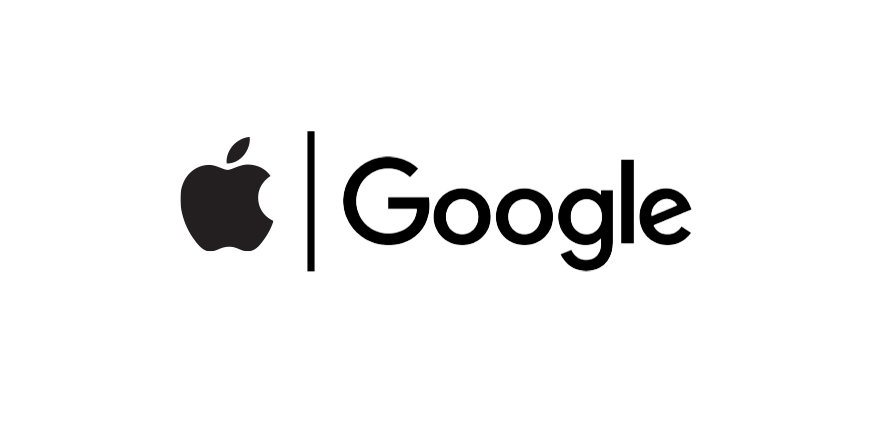Google Pays Apple Loads of Cash to Maintain Search Monopoly

Search monopoly has come under fire from the UK Competition and Markets Authority. In a recent report published by the competition watchdog, Google pays Apple Inc. loads of money to maintain its search monopoly on Apple devices.
In 2019 alone, Google paid a whopping 1.2 billion pounds ($1.5 billion) to secure the default search engine position on a variety of devices. Out of the 1.2billion pounds paid, “substantial majority” of the amount went to Apple.
The search monopoly is the company’s cash cow in the country, which holds more than a 90% share of the £7.3 billion search advertising market in the UK, according to the regulator.
With loads of cash to spend, the Google-Apple deal places “a significant barrier to entry and expansion” of rival search engines.
Admittedly, paying to secure a spot as a search option on a variety of devices is not a new thing in search engine land. Competitors like Bing, Yahoo, and even DuckDuckGo also pay to be search options on devices.
So payment in this space is not an issue. The UK competition watchdog argues that “Google’s extensive default positions across devices and browsers, and in particular on almost all mobile devices in the UK, act as a barrier to expansion for other search engines.”
The Apple Google arrangement comes explicitly under scrutiny with authority recommending a shakeup on default settings.
One recommendation to beat search monopoly is to provide users in the country with “choice screens” where they can be able to choose defaults by themselves. It’s the same thing as what the EU implemented mandating devices to provide setup screens where users can choose their default search engines.
It also recommends the setup of a Digital Markets Unit, that will act as a pro-competition regulatory regime for online platforms.
The colossal 437-page report hasn’t recommended any fines as of now, although it also touches on other tech giants as well, like Facebook.
Follow us on Telegram, Twitter, Facebook or subscribe to our weekly newsletter to ensure you don’t miss out on any future updates.


